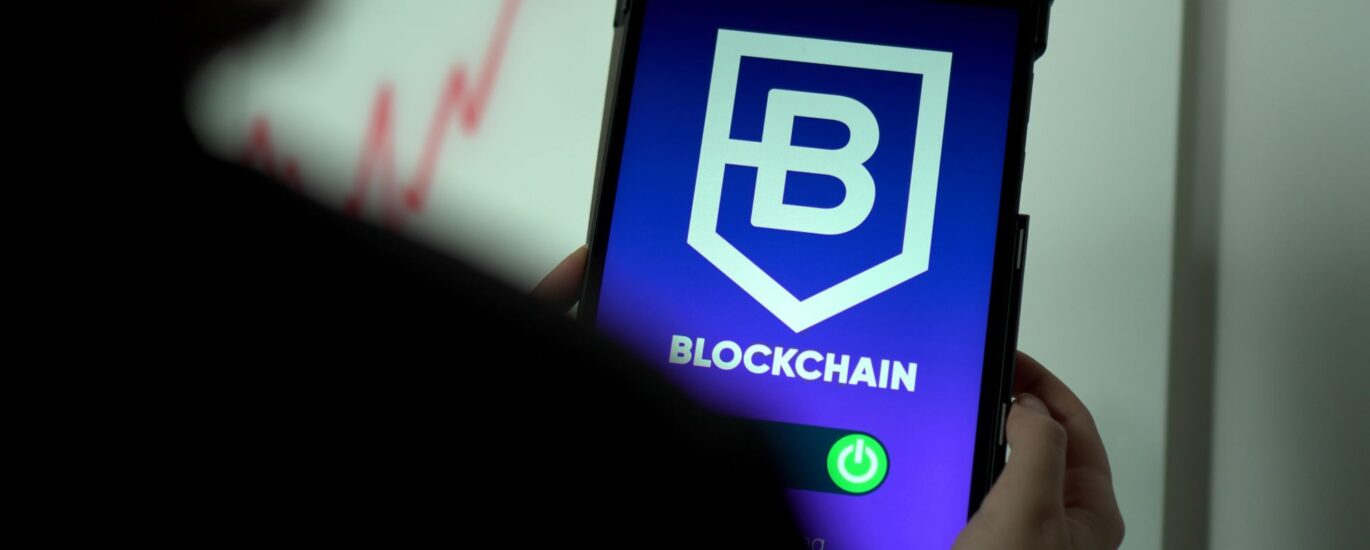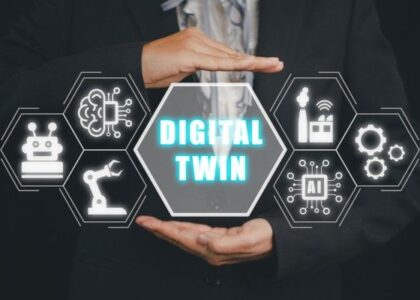Blockchain is a technology of a peer-to-peer network containing a shared ledger through a computing medium to store network transactions and records. Originally used in the complex world of cryptocurrencies, It has now demonstrated great potential in many other key sectors.
A blockchain is a decentralized, distributed, public digital ledger used to record transactions across many computers in such a way that the record cannot be modified retroactively without affecting all subsequent blocks and the consensus of the network. This technology has been positioned as one of the great revolutions of the 21st century.
What is a blockchain?
Blockchain can be a distributed database. It is a particular type or subset of so-called distributed ledger technology, or DLT. DLT is a way to record and share data across multiple data stores. All of these distributed and individual data stores make up the database.
Advantages of blockchain:
The blockchain is much more than a technology. It aims to respond to today’s biggest problem. It has grown to be one of the most significant developments in digital transformation, and it will play a crucial role across many industries.
1. Decentralization: The absence of a central authority or intermediaries increases the speed of transactions and simplifies the process of transmitting information or value.
2. Cost reduction: Streamlines communication, automates processes, and eliminates the presence of third parties. Which directly influences the reduction of costs.
3. Improved safety and transparency: This creates a genuine atmosphere of trust as operations are coded and encrypted, which ensures the protection of the data.
4. Information tracking: The data storage carried out by the blocks, the information contained in them can be tracked in a much simpler way. We are talking about a very effective traceability mechanism.

Uses of blockchain:
1. Real-time traceability
In the real world, building traceability for objects or actions is quite difficult. For example, in the retail industry, having a complete understanding of supply chain processes can sometimes be a huge challenge. When product quality or safety issues occur, it can be difficult to trace and recall affected products or to find the responsible entity. Blockchain technology can solve all these problems by providing a transparent and immutable record of information through a distributed ledger.
2. Digital Identity and Record-Keeping
Having lasting digital records is necessary in many cases. For example, a city might want to keep its citizens’ ownership records intact. Blockchain technology can be used to record this type of data, helping to ensure that it is unchangeable and only accessed by those with permission. it can also be used to create an immutable digital identity for a person or company on a distributed ledger.
3. Smart contract
The use of smart contracts is one of the most exciting applications of blockchain technology. When specific requirements are fulfilled, smart contracts can start working automatically, allowing for internal transactions to take place without the need for outside input from a third party. Applications for smart contracts are numerous and include asset and securities management, financial transactions, legal matters, etc.

Conclusion:
Blockchain technology remains a signal of development, reshaping conventional ideal models across areas. Its decentralized nature, combined with vigorous security highlights, supports digital currencies as well as vows to change how we oversee information, manage exchanges, and layout trust. As ventures proceed to investigate and incorporate blockchain arrangements, the excursion towards a safer, straightforward, and proficient future speeds up, opening additional opportunities and reshaping the scene of digital connection. Its true capacity appears to be unfathomable in rethinking how we imagine and execute exchanges in the digital age.





